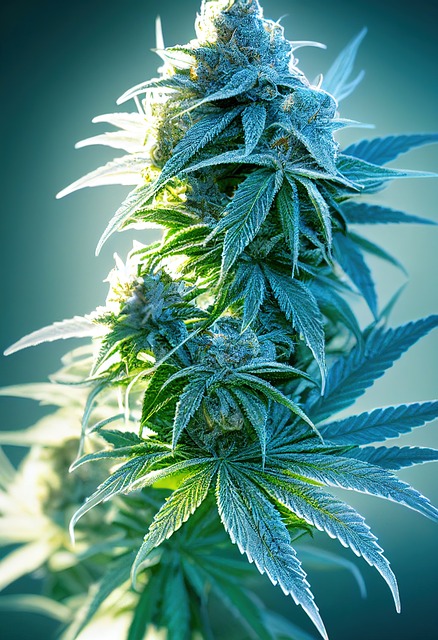In Hawaii, THCA (tetrahydrocannabinolic acid), a non-psychoactive cannabinoid and precursor to THC, has gained recognition for its therapeutic potential, including anti-inflammatory properties and relief from nausea without inducing psychoactive effects. Legally, THCA flower is accessible to medical marijuana patients under Hawaii's robust cannabis program, with a legal status that aligns with the state's progressive laws—where recreational use is decriminalized for small amounts. The island's optimal growing conditions foster high-quality THCA-rich flowers, with careful timing of harvest ensuring potency and efficacy. In Hawaii, THCA legality is established within the framework of medical and adult-use cannabis programs, with regulations clearly defining its use and possession. Consumers interested in THCA flower must navigate these legal pathways to ensure compliance with state regulations, which include adhering to the 0.3% or less THC content limit as per the Hawaii Revised Statutes (HRS) Section 329. The emerging market for THCA flower in Hawaii presents a unique opportunity for enthusiasts to explore its benefits responsibly, supported by a growing number of reputable dispensaries offering lab-tested products. This aligns with the state's evolving cannabis landscape and burgeoning economy, where consumers can partake in the diverse offerings while contributing positively to the industry's growth.
Explore the intricacies of THCA flower, a non-psychoactive cannabinoid that’s garnering attention for its therapeutic potential. In Hawaii, where the legal landscape is evolving, understanding THCA’s status is paramount. This article delves into the chemical properties of THCA and its cultivation in the island’s unique climate. From the benefits of consuming THCA flower to the regulatory framework that governs its use, gain insights into this emerging cannabinoid within Hawaii’s legal boundaries. Discover how consumers can navigate the market for THCA flower, ensuring a safe and informed experience with this promising compound.
- Understanding THCA Flower and Its Legal Status in Hawaii
- The Chemical Structure and Properties of THCA
- Harvesting and Cultivation of THCA-Rich Cannabis Flowers in Hawaii
- Therapeutic Benefits and Potential Effects of THCA Flower Consumption
- Legal Framework Governing THCA in Hawaii: A Comprehensive Overview
- Navigating the Market for THCA Flower in Hawaii: What Consumers Need to Know
Understanding THCA Flower and Its Legal Status in Hawaii
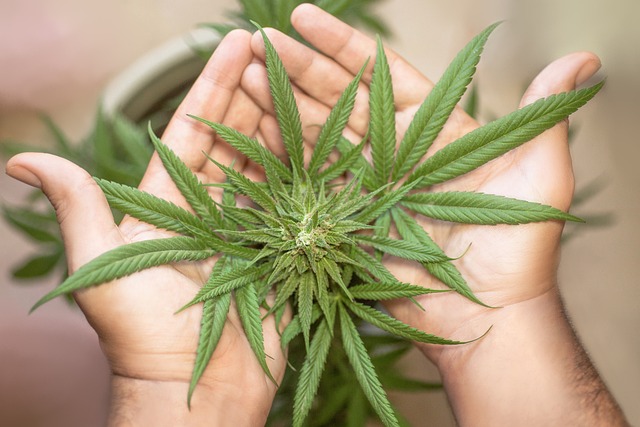
THCA, or tetrahydrocannabinolic acid, is a non-psychoactive cannabinoid found in raw cannabis plants, including the increasingly popular THCA flower. This compound is the precursor to THC, the psychoactive element in cannabis that most consumers are familiar with. Unlike its psychoactive counterpart, THCA is associated with potential health benefits and is gaining attention for its therapeutic properties without the mind-altering effects. It’s often praised for its anti-inflammatory, anti-nausea, and appetite-stimulating qualities.
In Hawaii, the legal status of THCA flower aligns with broader cannabis regulations. The Aloha State has a unique relationship with cannabis, having one of the most progressive medical marijuana programs in the United States. As of recent legislation, possession and use of cannabis products, including THCA flowers, are legal for qualified patients with a valid prescription. For recreational use, however, Hawaii operates under a decriminalization model where possession of three grams or less is a civil violation rather than a criminal offense. The state’s legislative approach to cannabis reflects a balance between recognizing the therapeutic value and addressing public health concerns associated with its use. As such, residents and visitors in Hawaii interested in exploring the benefits of THCA flower must adhere to these legal guidelines to ensure compliance with state laws.
The Chemical Structure and Properties of THCA
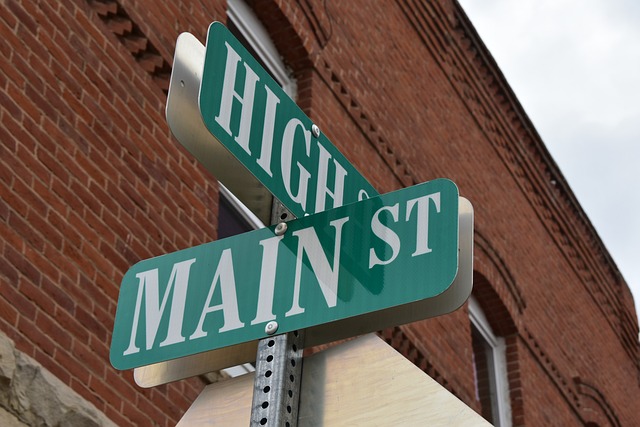
delta-9-tetrahydrocannabinolic acid (THCA) is a prominent cannabinoid found within the Cannabis sativa plant, which exists naturally and serves as the precursor to the well-known psychoactive compound THC upon heating. THCA’s chemical structure is characterized by a cyclic ether linkage at the ninth carbon atom of its decarboxylated form, THC. This structural feature differentiates THCA from other cannabinoids like CBD, which lacks this ether group. The presence of this ether bond means that THCA exhibits little to no psychoactive effects, making it a subject of interest for those seeking the potential therapeutic benefits of cannabis without the associated high. In terms of its properties, THCA has been found to interact with the body’s endocannabinoid system through its affinity for both CB1 and CB2 receptors, although it appears to have a higher affinity for CB2 receptors. This interaction may influence various bodily functions, including pain sensation, inflammation, and immune responses. In states where cannabis has been legalized, such as Hawaii, THCA-rich products are gaining popularity due to their potential health benefits and their legality under certain conditions. The legal status of THCA in Hawaii allows for research and the development of products containing this non-psychoactive cannabinoid, contributing to a growing body of knowledge on its effects and applications.
Harvesting and Cultivation of THCA-Rich Cannabis Flowers in Hawaii
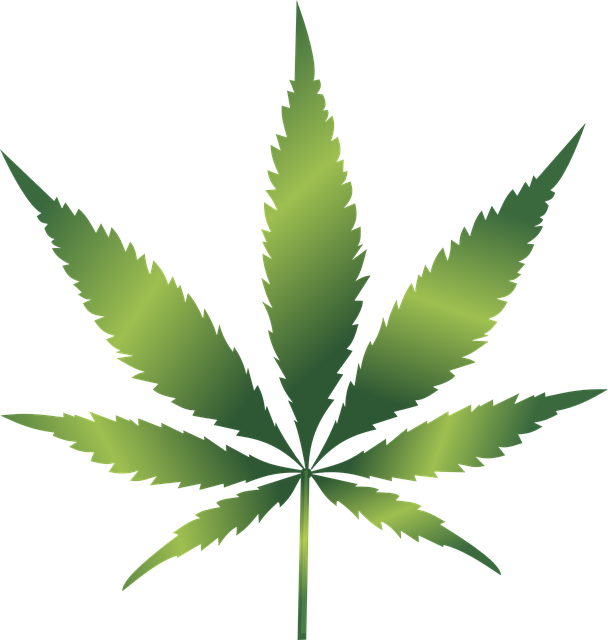
In Hawaii, the cultivation and harvesting of THCA-rich cannabis flowers are regulated under a medical marijuana program where THCA legality aligns with state laws. Growers in this tropical paradise benefit from the island’s rich volcanic soil and abundant sunlight, creating an ideal environment for high-quality THCA-rich flower production. The unique climate, characterized by its humid air and mild temperatures, allows for a longer vegetative period, which can enhance THCA concentrations in the plants. Harvesting these flowers at the optimal time is crucial to preserve their THCA content, as heating or curing can convert THCA into THC. Farmers meticulously monitor the trichome development on the flower’s resin glands, a clear indication of THCA potency. Adherence to Hawaii’s stringent cultivation guidelines ensures that patients have access to these medicinal flowers, which are legal for use under the state’s medical cannabis program. The island’s commitment to sustainable and responsible farming practices further enhances the purity and efficacy of THCA-rich cannabis, setting a high standard in the industry.
Therapeutic Benefits and Potential Effects of THCA Flower Consumption
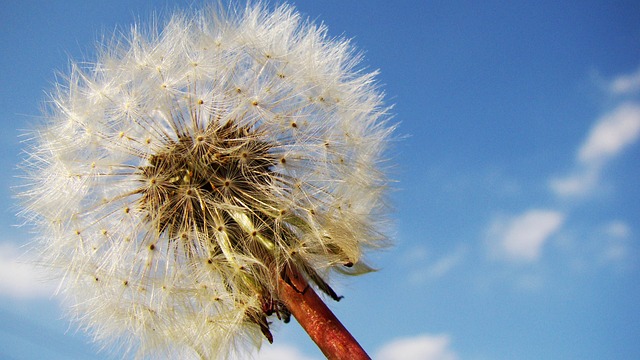
THCA, or tetrahydrocannabinolic acid, is the precursor to THC, the psychoactive component found in cannabis. As a non-psychoactive cannabinoid, THCA is gaining attention for its potential therapeutic benefits and is recognized as legal in Hawaii under certain conditions. Consumers interested in the effects of THCA flower often seek it for its purported wellness properties. Preliminary research suggests that THCA may offer anti-inflammatory, neuroprotective, and analgesic effects without the intoxicating high associated with its decarboxylated form, THC. Users report a range of potential effects from THCA flower, including relief from chronic pain, reduced inflammation, and an improved sense of overall well-being. The non-psychoactive nature of THCA makes it appealing for those who wish to harness cannabis’ therapeutic benefits while avoiding mind-altering effects. In Hawaii, where THCA is legal, consumers have the opportunity to explore these potential benefits within a regulated framework that ensures safety and quality standards are met. The interest in THCA flower underscores the growing awareness of cannabinoids’ diverse effects on human health and the potential for targeted therapeutic applications. As research continues to evolve, so too does the understanding of how THCA might be utilized to support various wellness goals.
Legal Framework Governing THCA in Hawaii: A Comprehensive Overview
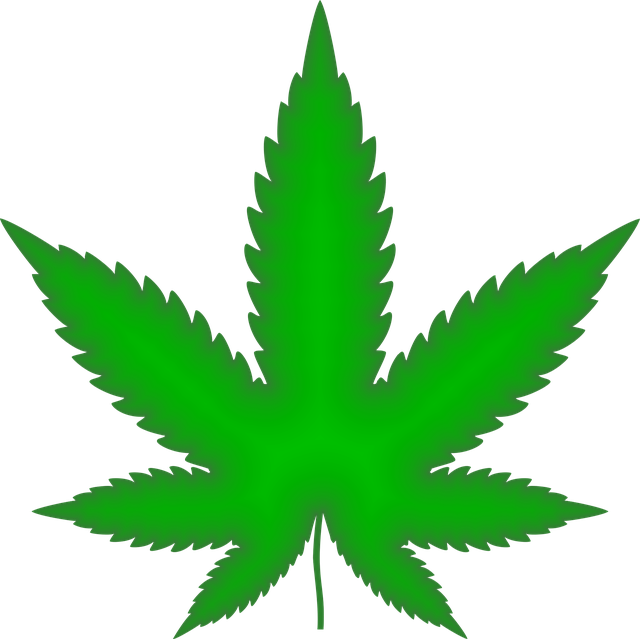
THCA, or tetrahydrocannabinolic acid, is a non-psychoactive cannabinoid found in the Cannabis sativa plant that is the precursor to THC. In Hawaii, the legal landscape governing THCA is distinct from that of its psychoactive counterpart, THC. The Aloha State has a comprehensive set of laws regulating the cultivation, possession, and use of cannabis and its derivatives, including THCA.
Under Hawaii’s Revised Statutes (HRS), Section 329, the state legalized industrial hemp in 2016, which paved the way for THCA to be included among products derived from hemp provided it contains less than 0.3% THC on a dry weight basis. This legislative action was a significant step as it allowed for the cultivation and processing of hemp-derived products, including those containing THCA, within the confines of the law. However, it is crucial to note that any form of cannabis plant with higher levels of THC remains tightly regulated under Hawaii’s medical and adult-use cannabis programs. These programs were established by Act 225 in 2000 for medical purposes and by House Bill 2007 in 2019 for adult-use, each with their own set of stipulations that delineate the permissible activities related to THCA within these frameworks.
Navigating the Market for THCA Flower in Hawaii: What Consumers Need to Know
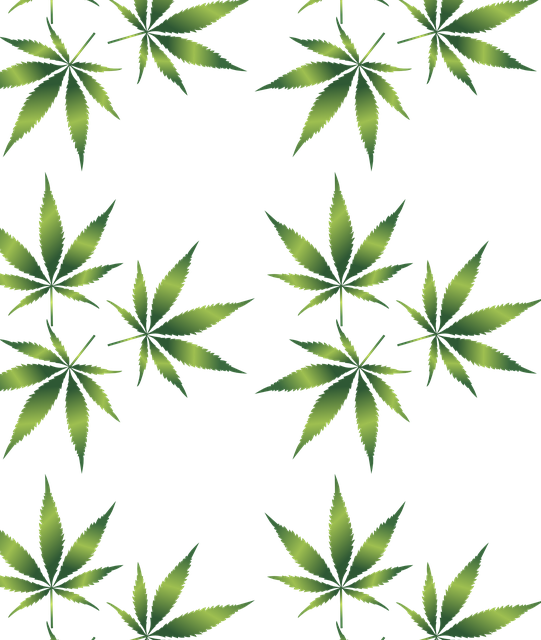
In recent times, the THCA flower has garnered significant attention within the cannabis community, and its legality in Hawaii has opened doors for enthusiasts to explore its potential benefits. Consumers interested in purchasing THCA flower in Hawaii should first understand the legal landscape. As of the knowledge cutoff date, THC-A (tetrahydrocannabinolic acid) is legal in Hawaii under state law, provided it contains less than 0.3% delta-9-THC, the psychoactive form of cannabis. This distinction is crucial for consumers, as products with higher THC levels are subject to different regulations and may not be legally available. The Hawaiian market has seen a surge in the availability of THCA flower, which is praised for its potency and the possibility of converting it into THC once heated, offering a different experience than traditional cannabis products.
Navigating the market requires a discerning eye; consumers should look for reputable dispensaries that provide transparent lab results to ensure the quality and safety of their THCA flower purchases. It’s advisable to research the cultivation practices and product testing procedures of any THC-A supplier, as these factors significantly influence the efficacy and purity of the flower. Hawaii’s unique climate and growing conditions can yield high-quality THCA flower, but not all products are created equal. By staying informed about the latest developments in the Hawaiian cannabis industry and maintaining a critical approach to product selection, consumers can enjoy the benefits of THCA flower responsibly and effectively. Whether for personal use or as an ingredient in edibles or topicals, understanding the intricacies of the market will enhance the user experience and contribute to the responsible growth of the cannabis economy in Hawaii.
In recent times, the exploration of THCA flower has gained significant attention, particularly within the legal framework of Hawaii. This article has delved into the multifaceted aspects of THCA, from its chemical structure and properties to the therapeutic benefits it may offer. The journey from cultivation to understanding the implications of its legal status in Hawaii has been a comprehensive endeavor. It’s evident that THCA holds potential for those seeking alternative wellness options, with a growing market catering to discerning consumers in Hawaii who are THCA-legal aware and informed. As regulations continue to evolve, so too will the understanding and utilization of this unique cannabinoid.
